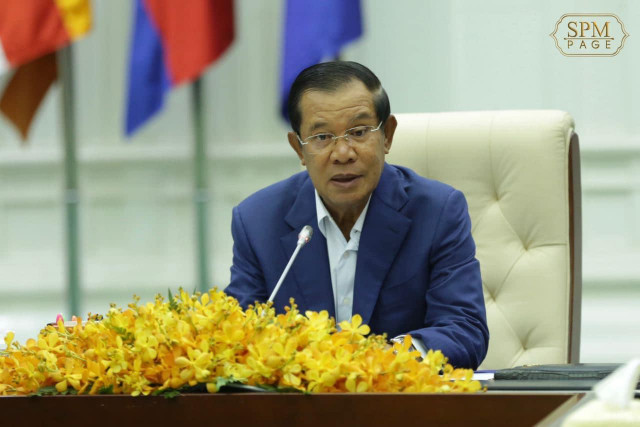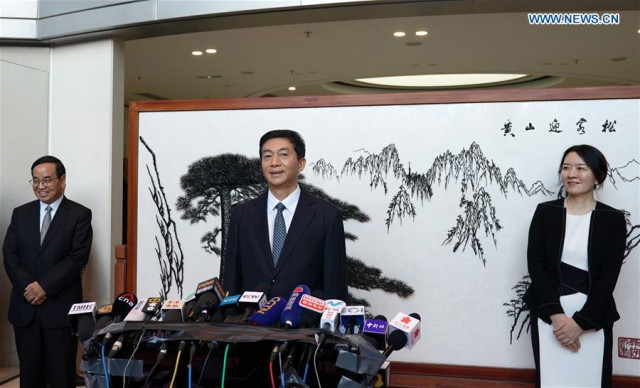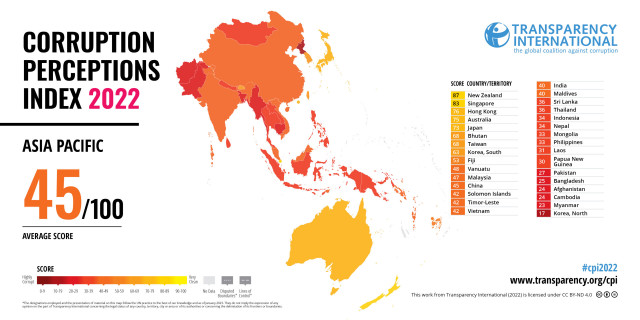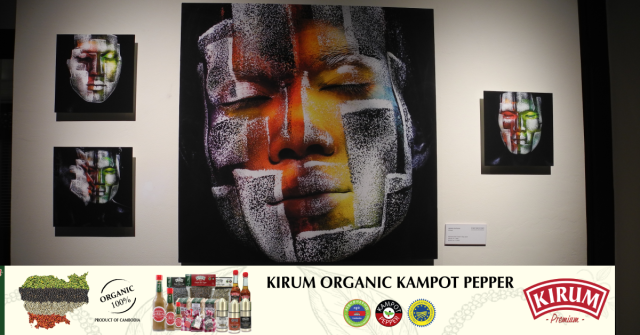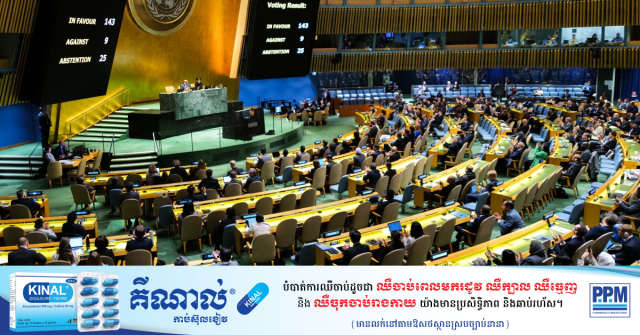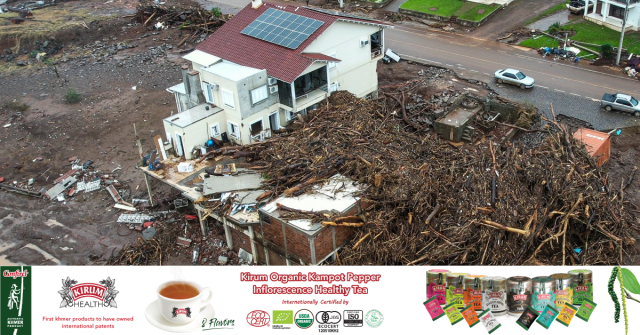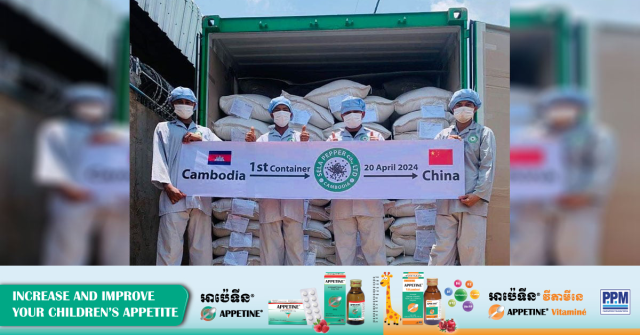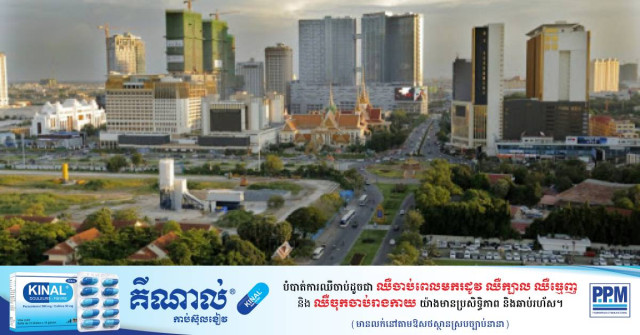New Laws to Tackle Drug Chemicals
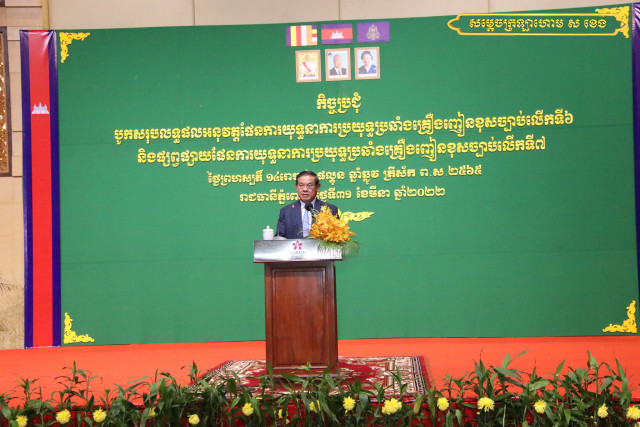
- By Lay Sopheavotey
- and Sam Sopich
- April 1, 2022 2:48 PM
Legal framework for imports needed: Sar Kheng
PHNOM PENH – New laws are to be drawn up covering the management of chemicals that can be used to produce drugs.
Interior Minister Sar Kheng said authorities had allowed the legal importation of chemicals for various fields but criminals had used them to produce drugs for export to third countries.
Speaking at a meeting to review the implementation of the 6th anti-drug campaign on March 31, he said the new laws were to prevent drug trafficking.
“I have discussed this with the Ministry of Justice and General Commissariat of National Police,” he said.
“We have agreed that we need to establish a legal framework to regulate the substances that are processed into ingredients to produce drugs.”
However, social observers called for stricter and more effective mechanisms to crack down on chemicals for drug production and trafficking since large amounts of drugs and chemicals that can be used to make drugs have been seized by the authorities.
These amounts were in the tonnes and hundreds of kilos.
Cambodian Institute for Democracy president Pa Chanroeun said it was a big concern that the amounts of drugs and chemicals for production seized were high despite authorities working hard to crack down.
“This figure reflects that the situation of drug trafficking is beyond the alarming level, and despite the efforts of Sar Kheng and the authorities in the past to crack down, the number of arrests has not decreased,” Chanroeun said.
“How about the drugs we have not seized yet? How many tonnes?”
He said the figure was of great concern because the information on large-scale trafficking is shaky and because of authorities’ ineffectiveness in cracking down on the drug issue. This needed a commitment from the ministry.
Drugs on a serious scale would have many negative impacts on Cambodian citizens, especially young people in terms of morality, public order and commune security.
San Chey, executive director for the Affiliated Network for Social Accountability, said drug trafficking is hard to crack down on but it was more difficult to find the precursor chemicals.
This needed more commitment and participation of partners.
Authorities and the government needed to focus on prevention and suppression measures by inter-ministry cooperation and providing transparent information to each other to crack down effectively.
This was especially when deciding whether imported chemicals were for agriculture or drug production.
Authorities seized up to three tonnes of drugs in the first quarter of this year. Mak Chito, deputy commissioner of the National Police in charge of cracking down on drugs, said police had seized nearly 300 tonnes of chemicals in the period.
National Police cracked down on more than 1.6,000 cases and arrested more than 3.7,000 suspects, including 60 foreigners. Police also seized chemicals that can be used to produce drugs.
In January, Kheng revealed that a private company had sought to import more than 100 tonnes of chemicals by lying to authorities that they were to be processed into fertilizers but which were to make drugs.








